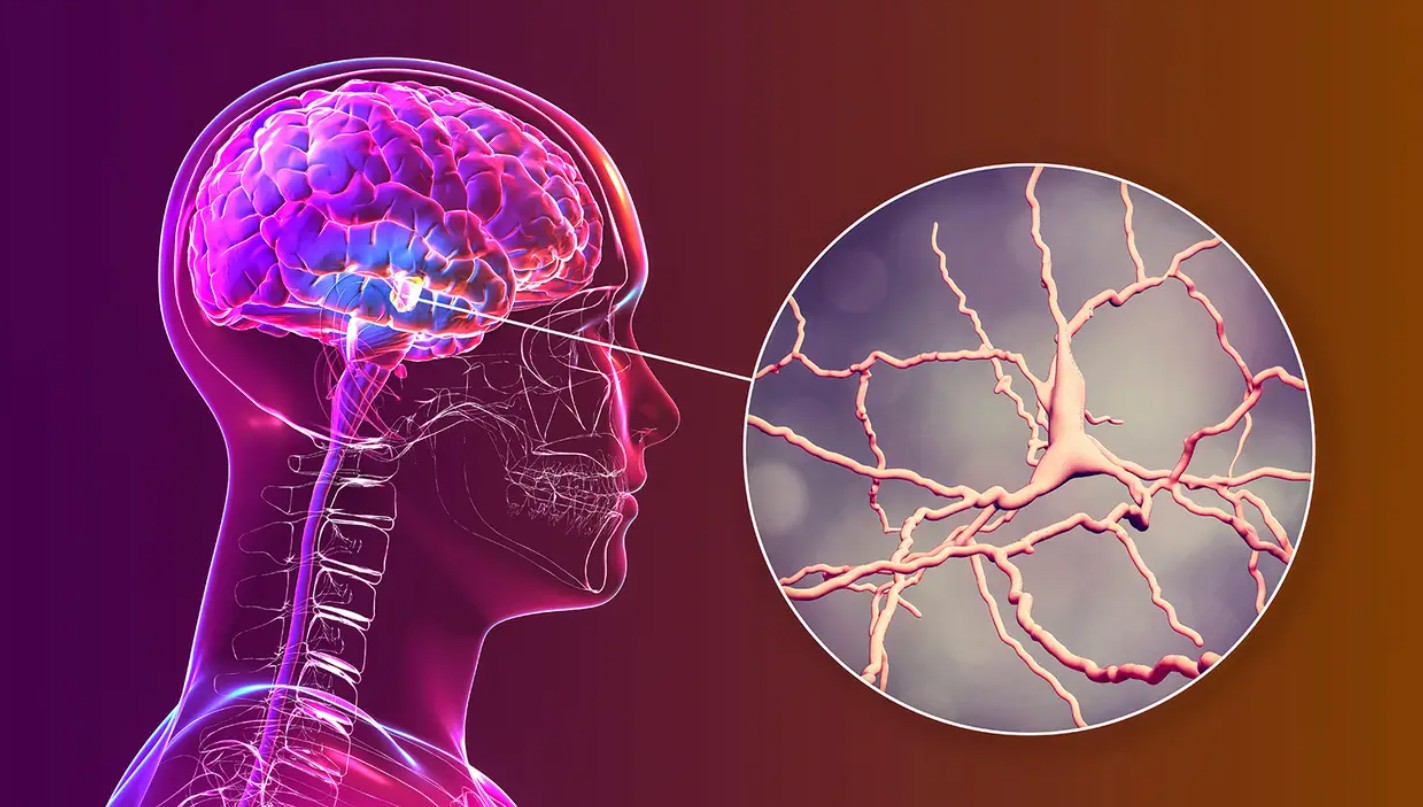Parkinson’s disease (PD) is one of the most common neurodegenerative disorders worldwide, and India is witnessing a steady rise in its incidence. According to global estimates, millions of people are affected by Parkinson’s, with a significant portion undiagnosed or misdiagnosed in the early stages. The disease is progressive, which means symptoms worsen over time, but the silver lining is that early diagnosis and timely treatment can greatly slow progression and improve quality of life.
In Delhi NCR, where access to advanced neurological care is rapidly expanding, leading specialists are helping patients manage Parkinson’s with precision and compassion. Among them, Dr. Rohit Gupta, one of the best neurologists in Delhi NCR, is recognized for his expertise in diagnosing and managing Parkinson’s disease with a comprehensive, patient-centered approach.
Understanding Parkinson’s Disease
Parkinson’s is a chronic condition caused by the gradual loss of dopamine-producing neurons in the brain. Dopamine is essential for smooth, coordinated muscle movements. When dopamine levels drop, patients begin to experience motor and non-motor symptoms that can affect daily living.
Common Symptoms Include:
-
Motor Symptoms:
-
Tremors (especially in hands or fingers)
-
Muscle stiffness and rigidity
-
Slowness of movement (bradykinesia)
-
Balance problems and frequent falls
-
-
Non-Motor Symptoms:
-
Sleep disturbances
-
Anxiety, depression, or mood swings
-
Fatigue and memory difficulties
-
Constipation and urinary issues
-
Because these symptoms often start subtly, many people dismiss them as “normal aging.” This delay in seeking medical attention is one of the biggest challenges in Parkinson’s care.
Why Early Diagnosis Matters
Early diagnosis is critical for several reasons:
-
Slowing Progression with Medications
While there is no cure for Parkinson’s, medications such as levodopa and dopamine agonists can help replenish or mimic dopamine in the brain. These drugs are most effective when started early, helping control symptoms and maintain independence longer. -
Better Symptom Management
Initiating treatment early means patients can avoid severe disability in the initial years. Symptoms like tremors, stiffness, and slowness can be better managed, enabling patients to stay active. -
Preventing Complications
Delayed diagnosis often results in falls, fractures, or severe depression, which reduce quality of life. Early intervention prevents many of these complications. -
Holistic Care Planning
Neurologists recommend physiotherapy, occupational therapy, and lifestyle modifications right from the start. These interventions build resilience and slow functional decline. -
Access to Advanced Therapies
Patients diagnosed early can benefit from new therapies such as Deep Brain Stimulation (DBS), apomorphine infusion, and advanced rehabilitation programs, which work best when started before advanced disability.
The Role of Neurologists in Parkinson’s Disease
Neurologists play a central role in Parkinson’s management. In Delhi NCR, specialists like Dr. Rohit Gupta provide comprehensive evaluation, combining clinical expertise with advanced diagnostic tools.
How a Neurologist Helps:
-
Accurate Diagnosis: Differentiating Parkinson’s from other movement disorders such as essential tremor or atypical parkinsonism.
-
Customized Treatment Plans: Prescribing the right medications in appropriate doses while minimizing side effects.
-
Monitoring Disease Progression: Adjusting therapy as the disease evolves.
-
Advanced Interventions: Evaluating eligibility for Deep Brain Stimulation and other surgical options.
-
Supportive Care: Coordinating with physiotherapists, speech therapists, psychologists, and dietitians for holistic care.
-
Caregiver Support: Educating families to handle behavioral changes and day-to-day challenges.
Parkinson’s Care in Delhi NCR
Delhi NCR has become a hub for advanced neurological care, with facilities offering specialized clinics for Parkinson’s disease. These clinics provide access to:
-
State-of-the-art diagnostic tools like DaTscan, MRI, and neuropsychological testing.
-
Modern therapies including medications tailored to patient needs.
-
Rehabilitation programs with physiotherapy, speech therapy, and occupational therapy.
-
Surgical interventions like Deep Brain Stimulation, available in select super-specialty hospitals.
With expert neurologists like Dr. Rohit Gupta, patients in Delhi NCR can be assured of global-standard Parkinson’s care without needing to travel abroad.
Living with Parkinson’s: Practical Tips
Managing Parkinson’s involves more than medication. Patients and caregivers can adopt strategies to improve quality of life:
-
Exercise Regularly: Yoga, walking, and physiotherapy help improve flexibility and balance.
-
Eat a Balanced Diet: High-fiber foods prevent constipation; adequate hydration is essential.
-
Stay Socially Active: Isolation can worsen depression; community engagement helps mental health.
-
Use Assistive Devices: Canes, walkers, or special utensils can make daily tasks easier.
-
Mind Mental Health: Counseling and support groups reduce stress for both patients and caregivers.
FAQs on Parkinson’s Disease
Q1: Is Parkinson’s curable?
No, there is currently no cure. However, treatment can significantly slow progression and improve quality of life.
Q2: At what age does Parkinson’s usually begin?
Most cases appear after age 60, but younger-onset Parkinson’s can begin in the 40s or even earlier.
Q3: What is the most effective treatment?
Levodopa remains the most effective medication for motor symptoms. Advanced therapies like Deep Brain Stimulation are considered when medications are insufficient.
Q4: Can lifestyle changes make a difference?
Yes. Exercise, healthy diet, stress management, and staying engaged in mental and social activities improve outcomes.
Q5: When should I consult a neurologist?
If you notice persistent tremors, stiffness, slowed movement, or balance issues, seek immediate neurological evaluation. Early intervention makes a significant difference.
Conclusion
Parkinson’s disease is a lifelong journey, but with timely diagnosis, the right treatment, and expert guidance, patients can lead fulfilling and active lives for many years. In Delhi NCR, access to advanced care is improving every day, ensuring that patients no longer have to suffer in silence.
If you or a loved one is experiencing symptoms of Parkinson’s disease, don’t delay seeking medical help. For expert Parkinson’s care, consult Dr. Rohit Gupta, one of the best neurologists in Delhi NCR, renowned for his experience in movement disorders and patient-focused treatment.

